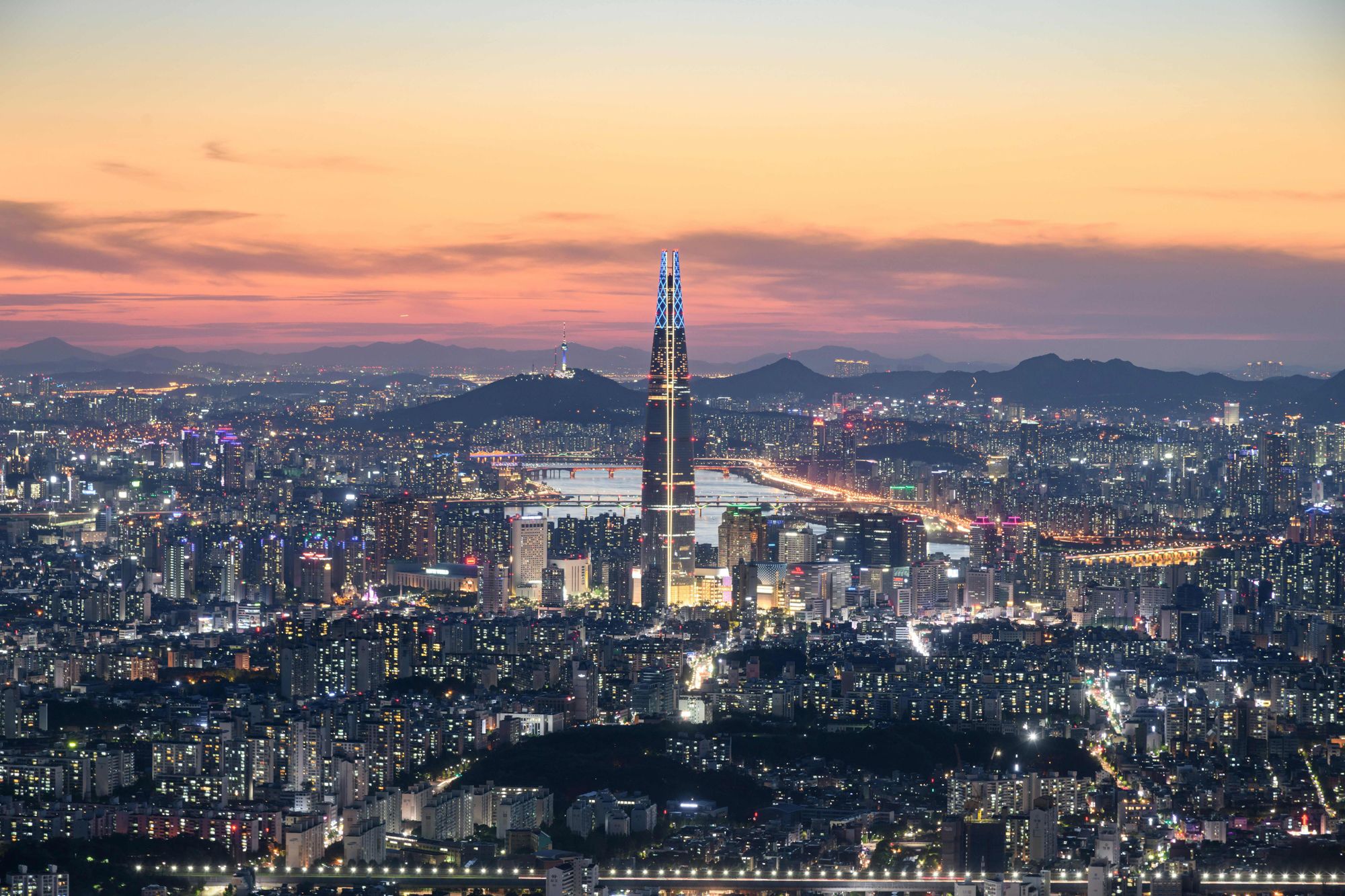South Korea digital nomad visa: what to know
5 min readCNN
—
British YouTuber Ashley Humphries has made several videos about traveling in South Korea, including a tour of the DMZ and a visit to an abandoned theme park called Yongma Land.
But he’s now interested in going there for more than just a holiday. Humphries is one of the first round of applicants for a new “workation” visa the South Korean government launched in 2024.
The visa is valid for a maximum of two years and is aimed at remote workers like Humphries, whose Asia-centric travel channel is called Ashley’s Planet.
“Digital nomad” or working vacation visas became increasingly popular during the pandemic, springing up everywhere from Dubai to the Cayman Islands.
According to a report in the Korea Herald, South Korea’s Justice Ministry says the digital nomad visa will make remote work and vacations smoother for visitors.
“The new system will allow employees and employers in overseas firms to tour and work remotely in Korea for a longer period of time,” reads a line from the report.
Yet beneath the surface, some South Korea experts believe these visas are about more than just ease of travel – they’re a possible avenue for increasing the workforce in a country with a devastatingly low birth rate.
Professor Jungho Suh, project director of the Korean Management Institute at George Washington University, believes that the workation visa is a “soft launch” for a bigger plan to bring more foreigners into Korea – and not only for career reasons.
The demographic divide
South Korea has the world’s lowest birth rate.
The country’s fertility rate, which is measured as the number of average births from a woman in her lifetime, is now expected to drop from 0.78 in 2022 to 0.65 in 2025, according to Statistics Korea. For the past three years, there have been more deaths than births recorded in the country.
While there are other Asian countries and regions – like Hong Kong, Thailand and the Indonesian island of Bali – that have high numbers of foreign residents, South Korea’s population is quite homogenous.
When the National Human Rights Commission announced the results of a “Racial Discrimination in the South Korean Society” study in March 2020, 7 out of 10 immigrants answered that racial discrimination exists in Korean society.
Interracial relationships in South Korea are still such an anomaly that several YouTube channels starring “international couples” have become popular – and profitable.
“Maybe by enforcing this new visa policy,” says Suh, “the government is trying to lead the agenda or to lead the discussion to normalize social mix between ethnicities or between Koreans and non-Koreans.”
Jeong Hyun Cho is the founder of Hoppers, a community for remote workers and foreigners living in South Korea. She says that once the workcation visa was announced, it became “the hottest topic” in the Digital Nomads Korea WhatsApp group and other online platforms that Hoppers facilitates.
In a survey of 1,300 members, Jeong reports that 83% of them expressed an interest in applying for the new visa. While she rates her native country high for infrastructure, public transit, Wi-Fi and other amenities, she says that the biggest issue facing young Koreans is high living costs.
“The capital area in Korea is densely populated,” she says.
“This leads to high living costs, intense competition, and stress levels that impact decisions on marriage and starting families. I think the low fertility rate is related to the competitive and stressful life in the capital area.
“I believe decentralizing the population and providing a better quality of life in the regional areas could potentially alleviate this, and having digital nomads start a community in regional areas could be a starting point.”

Foreigners in South Korea
While the “workation” visas are a critical step for opening up South Korea to international workers, Humphries believes the requirements are “too strict” for most aspiring applicants.
To get the visa, applicants must confirm they make at least 85 million won ($65,000) per year from a non-Korean company, show proof of health insurance and have a clean criminal record.
InterNations, which bills itself as the world’s largest online community for expats, gave South Korea low marks in the “Ease of Settling In” category of its annual user survey, which included questions on the friendliness of locals and ease of getting around without being fluent in the local language.
The country placed 50th out of 53 countries in the website’s Expat Insider roundup of the best countries to relocate, ahead of only Turkey, Norway and Kuwait.
Still, Jeong believes there will be plenty of applicants who fit the criteria for the “workcation” visa.
“Our community data indicates a significant portion of our members could meet this criterion,” she says, noting that most of the applicants she knows are relocating from North America and work in fields like IT and consulting.
For those foreigners who do come to South Korea to work, Digital Nomad World, a website that keeps track of trends for remote workers, says that the average person will spend $2,050 per month to live in Seoul, a number which factors in the costs of housing, food, transit and co-working spaces.
The site ranks South Korea highly for nightlife and youth culture, but gives lower marks for LGBT acceptance and English-language accessibility.
Meanwhile, South Korea places 49 out of 113 countries on the English Proficiency Index, which puts it in the “moderate” category. For comparison around the region: Singapore is second in the world, Hong Kong is 29th and Japan is in 87th place.
Still, Humphries is undeterred in his quest for the South Korea “workation” visa and plans to base himself in Seoul if approved.
“The South Korean digital nomad visa is a great step forward for allowing foreigners to reside in the country,” he says. “South Korea is an overall beautiful country to reside in. A lot of stunning nature, many things to do in each city great food, a vibrant culture and most importantly, some of the friendliest people I have ever met.”
Editor’s Note: CNN’s Gawon Bae and Veronica Lin contributed reporting.



